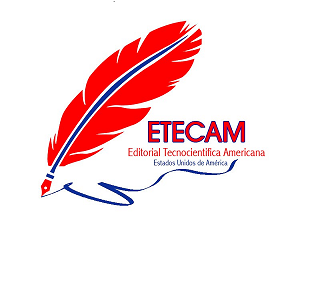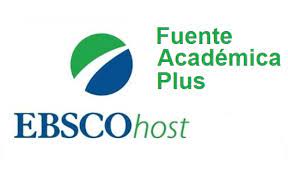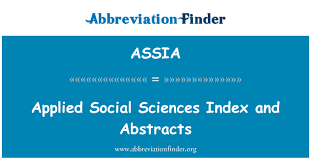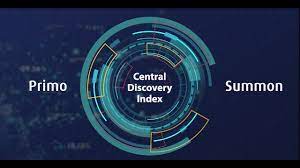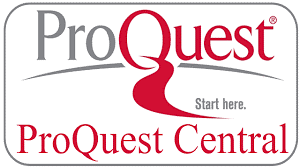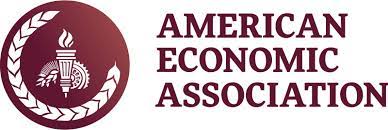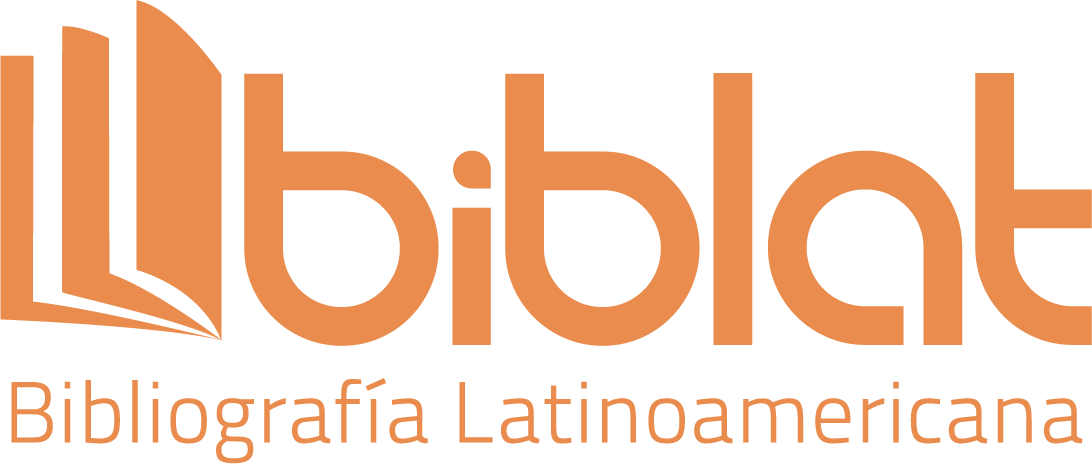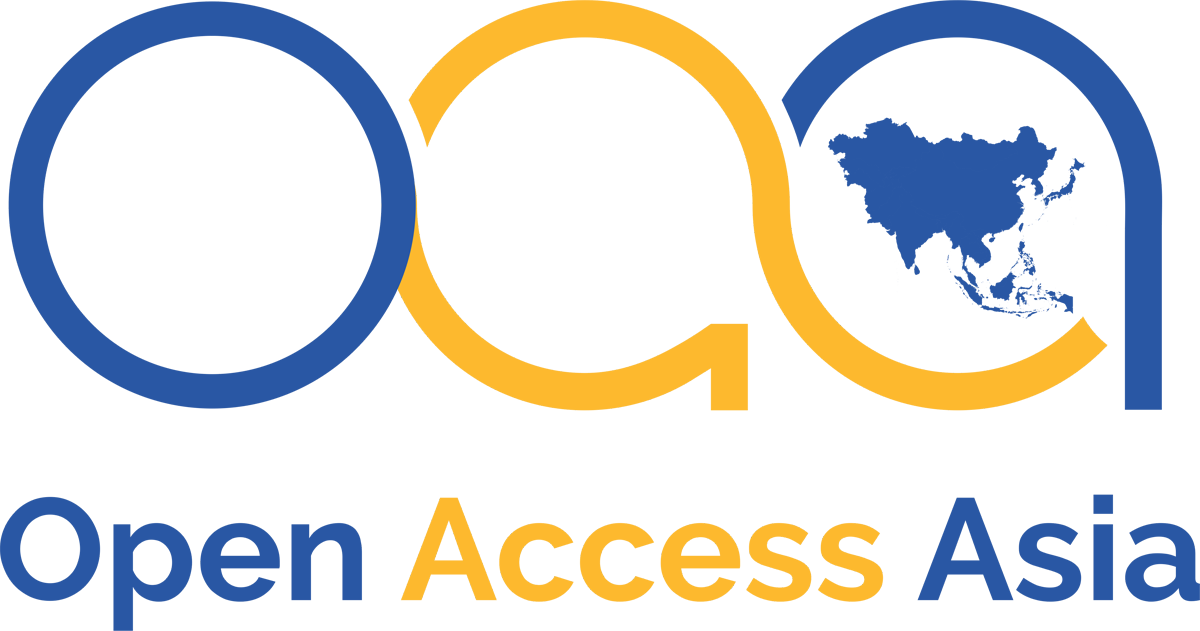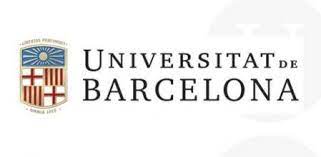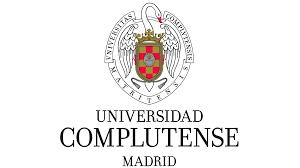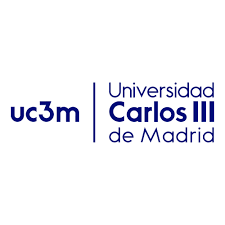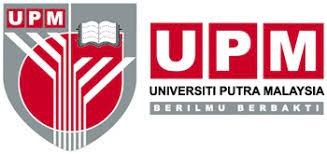Strategy for learning mathematics through gamification, with elementary school students
DOI:
https://doi.org/10.51736/sa.v7iEspecial%204.295Keywords:
estrategia de aprendizaje, matemática, gamificaciónAbstract
Gamification as a teaching method is becoming increasingly important in education. It is recognized that it facilitates student participation, which favors higher levels of freedom and learning from mistakes, in an environment of satisfaction. In mathematics teaching, it is presented as a strategy to improve motivation and learning, as well as the development of key skills and competencies. The present research evaluates the effectiveness of gamification in mathematics learning in fifth-grade students of the Luis Pauta Rodriguez educational unit. It is based on the mixed approach, which allows the triangulation of information, from a descriptive-explanatory scope. It was carried out through three fundamental phases: diagnosis, strategy development, and validation. The diagnosis allowed knowing the students' performance, as well as the teacher's skills and the possibilities of using gamification for the development of learning. The strategy showed effectiveness in the main aspects analyzed in the research. The analysis of the final results in comparison with those obtained at the beginning of the research shows an important positive transformation, by having an impact on the performance and performance of the students in the activities. The consultation with experts evidenced favorable criteria in all aspects; the understanding of the coherence and quality of the design was verified, as well as its correspondence with the topic addressed.
Downloads
References
Acevedo, C., y Ortiz, E. (2020). Gamificación como estrategia de aprendizaje para el mejoramiento de operaciones básicas y fundamentales en el área de Matemáticas en estudiantes de quinto primaria. [Tesis de maestría, Universidad de Santander UDES]. https://bit.ly/3NV6bRV
Brull, S., & Finlayson, S. (2016). Importance of gamification in increasing learning. The Journal of Continuing Education in Nursing, 47(8), 372-375. https://dx.doi.org/10.3928/00220124-20160715-09
Contreras, R. (2016). Juegos digitales y gamificación aplicados en el ámbito de la educación. RIED. Revista Iberoamericana de Educación a Distancia, 19(2), 27-33. https://dx.doi.org/10.5944/ried.19.2.16143 7. Contreras, R., & Eguia. (2016).
Contreras, R., & Eguia, J.L. (2016). Gamificación en aulas universitarias. Bellaterra: Institut de la Comunicació
De la Peña Consuegra, G., & Velázquez, R. M. (2018). Algunas reflexiones sobre la teoría general de sistemas y el enfoque sistémicos en las investigaciones científicas. Revista Cubana de Educación Superior, 37(2), 31-44.
Denzin, N. K. (1970). Sociological Methods: A Source Book. Aldine Publishing Company.
Deterding, S., Khaled, R., Nacke, L. E. y Dixon, D. (2011). Gamification: Toward a Definition. En: Proceedings of the 2011 Workshop Gamification: Using Game Design Elements in Non-Game Contexts. ACM. http://gamification-research.org/wp-content/uploads/2011/04/02-Deterding-Khaled-Nacke-Dixon.pdf
Dichev, C. y Dicheva, D. (2017). Gamifying education: What is known, what is believed and what remains uncertain: A critical review. International Journal of Educational Technology in Higher Education, 14. https://doi.org/10.1186/s41239-017-0042-5
García-Del Dujo, A., & Muñoz-Rodríguez, J. M. (2013). Enfoques tradicionales y enfoques emergentes en la construcción del marco teórico de la Educación Ambiental para el Desarrollo Sostenible. Revista Española de Pedagogía, LXXI(255).
García-Valcárcel, A. (2016). Recursos digitales para la mejora de la enseñanza y el aprendizaje. https://gredos.usal.es/jspui/bitstream/10366/131421/1/Recursos%20digitales.pdf
García-Valcárcel, A., & Basilotta, V. (2017). Aprendizaje Basado en Proyectos (ABP): evaluación desde la perspectiva de alumnos de Educación Primaria. Revista de Investigación Educativa, 35(1), 113–131. https://doi.org/10.6018/rie.35.1.246811
Hernández-Sampieri, R., Fernández, C. & Baptista, P. (2014). Metodología de la investigación. Sexta Edición. McGraw-Hill
Lee, J. J. y Hammer, J. (2011). Gamification in education: What, how, why bother? Academic Exchange Quaterly, 15(2), 1-5. https://www.researchgate.net/publication/258697764_ Gamification_in_Education_What_How_Why_Bother
Maldonado, S. M. (2012). Manual Práctico Para El Diseño De La Escala Likert. Xihmai, 2(4). https://doi.org/10.37646/xihmai.v2i4.101
Matas, A. (2018). Diseño del formato de escalas tipo Likert: un estado de la cuestión. Revista Electrónica de Investigación Educativa, 20(1), 38-47. https://doi.org/10.24320/redie.2018.20.1.1347
Michalus, J. C., Sarache, W. A. & Hernández, G. (2015). Método de expertos para la evaluación ex-ante de una solución organizativa. Visión de futuro, 19(1), 0-0.
Okuda, M. & Gómez-Restrepo, C.(2005). Métodos en investigación cualitativa: triangulación. Revista Colombiana de Psiquiatría, XXXIV(1).
Oliva, H. (2017). La gamificación como estrategia metodológica en el contexto educativo universitario. Realidad y Reflexión, 44, 29-47. https://dx.doi.org/10.5377/ryr.v44i0.3563
Pegalajar, M. del C. (2021). Implicaciones de la gamificación en Educación Superior: una revisión sistemática sobre la percepción del estudiante. Revista de Investigación Educativa, 39(1), 169–188. https://doi.org/10.6018/rie.419481
Peirats, J., Marín, D., & Vidal, M.-I. (2019). Bibliometría aplicada a la gamificación como estrategia digital de aprendizaje. Revista de Educación a Distancia (RED), 19(60). https://doi.org/10.6018/red/60/05
Pérez-Iribar, G., Beleño-Fuentes M., Nuñez-Peña, C. R. y Orquera-Cadena, M. (2017). Valoración del resultado científico de la investigación. una experiencia desde la aplicación del criterio de experto. OLIMPIA. Revista de la Facultad de Cultura Física de la Universidad de Granma, 14(46).
Piaget, J. (1956). Motricité, perception et intelligence. Enfance, 9(2), 9-14
Prensky, M. (2010). Nativos e inmigrantes digitales. Institution educative SEKPrzybylski
Prieto-Andreu, J. M., Gómez-Escalonilla-Torrijos, J. D. y Said-Hung, E., (022). Gamificación, motivación y rendimiento en educación: Una revisión sistemática. Revista Electrónica Educare, 26(1), 1-23.
Rojano, T. (2014). El futuro de las tecnologías digitales en la educación matemática: prospectiva a 30 años de investigación intensiva en el campo. Santillana
Schiller, F. (1945). La educación estética del hombre. Espasa Calpe.
Torres-Toukoumidis, A., Romero-Rodríguez, L.M., Pérez-Rodríguez, M.A., & Björk, S. (2018). Modelo Teórico Integrado de Gamificación en Ambientes E-Learning (E-MIGA). Revista Complutense de Educación, 29 (1), 129-145.
Published
How to Cite
Issue
Section
License
Copyright (c) 2024 Federico Macario Arroyo Borja, Sindy Isabel Coello Sánchez, Wilber Ortiz Aguilar

This work is licensed under a Creative Commons Attribution-NonCommercial-ShareAlike 3.0 Unported License.













